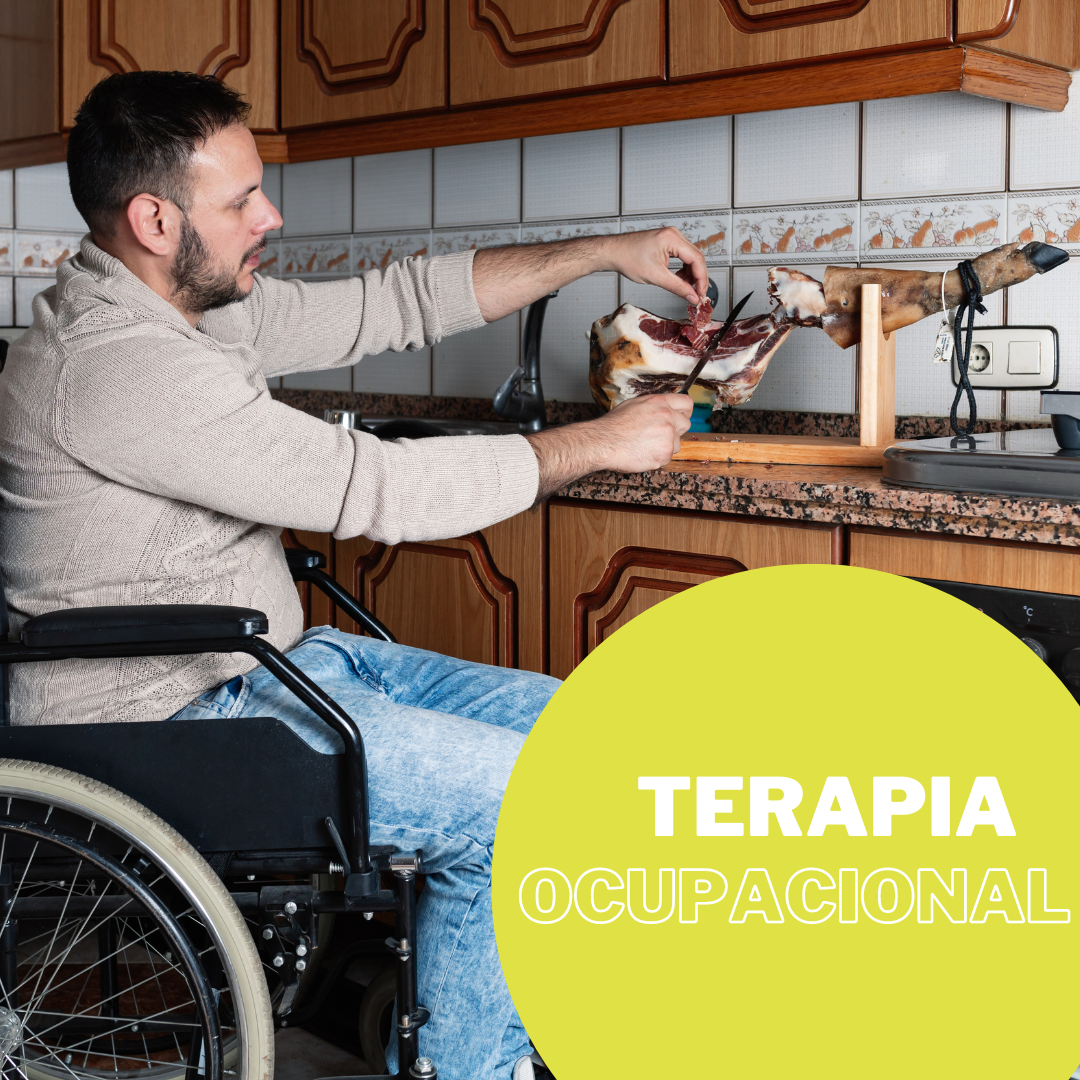
Occupational therapy is a health discipline that focuses on helping people perform daily activities independently and meaningfully. In the case of neurological patients, occupational therapy is essential to improve their quality of life and their ability to perform daily activities.
Neurological patients may present a variety of problems, such as muscle weakness, coordination problems, difficulty speaking or swallowing, memory problems, and difficulty performing daily tasks. Occupational therapy can help these patients overcome these problems and improve their ability to perform daily activities.
Occupational therapy in neurological patients focuses on helping the patient regain lost skills or develop new skills to perform daily activities. This may include activities such as dressing, bathing, cooking, cleaning, and performing household tasks.
Occupational therapy can also help neurological patients improve their ability to communicate and socialize. This may include activities such as participation in support groups, practice of social skills, and participation in recreational activities.
In addition, occupational therapy can help neurological patients improve their ability to perform work and educational activities. This may include the practice of work skills, adaptation of tools and equipment for work, and participation in vocational training programs.
In summary, occupational therapy is an essential discipline to help neurological patients improve their quality of life and their ability to perform daily activities. Occupational therapists work closely with patients and their families to develop personalized treatment plans that address the individual needs of each patient. With the help of occupational therapy, neurological patients can regain lost skills, develop new skills, and improve their ability to perform daily activities independently and meaningfully.